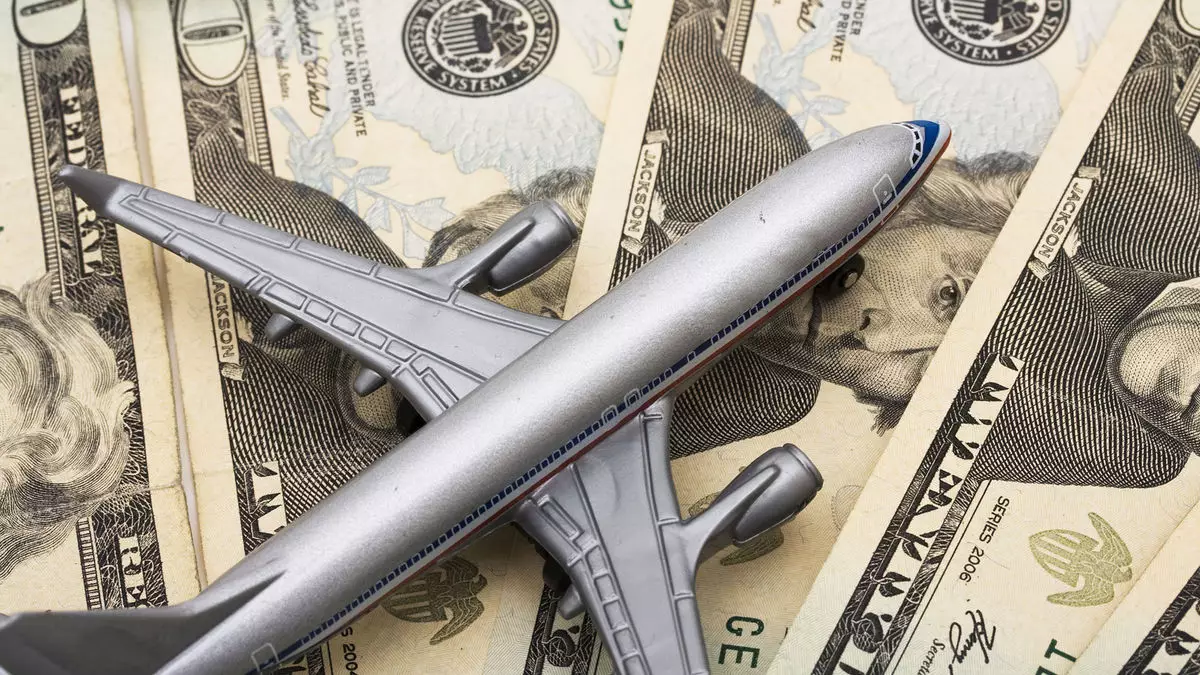The Transportation Department has recently made changes to regulations surrounding airline refunds, aiming to provide greater clarity and protection for passengers. This move comes after years of ambiguity and confusion for travelers who have faced canceled or significantly delayed flights without a clear understanding of their rights.
The new regulations outline specific circumstances in which passengers are entitled to a refund from airlines. One significant change is the establishment of refund requirements for delayed receipt of checked bags and other ancillaries that have not been delivered as promised. This gives passengers the right to receive their money back when airlines fail to fulfill their obligations, without the need for complicated negotiations or delays.
A key point of the new rules is the introduction of clear definitions for significant flight delays. Domestic flights delayed by more than three hours and international flights delayed by more than six hours will now trigger a refund requirement. Additionally, passengers whose itineraries are moved forward by a certain number of hours will also be entitled to a refund if they choose not to travel. This level of specificity aims to eliminate any confusion and ensure that passengers are compensated fairly for inconveniences caused by airlines.
The regulations also stipulate several other changes to itineraries that will entitle airline customers to a refund. These include alterations to the arrival or departure airport, the addition of a connection point to the itinerary, downgrades to a lower seating class, and downgrades in available amenities due to an aircraft change. By addressing a range of potential scenarios, the regulations aim to protect passengers in various situations where their travel plans are disrupted.
In addition to flight-related refunds, the new rules address delays in baggage delivery. Baggage delayed by more than 12 hours on domestic flights and by specific timeframes on international flights will trigger refund requirements. This provision ensures that passengers are not only compensated for flight disruptions but also for issues related to their luggage.
One significant change brought about by the regulations is the requirement for airlines to proactively inform customers of their refund rights. Previously, airlines could issue credits to passengers without explicitly stating that a refund was an option. Now, carriers must inform passengers of their entitlement to a refund before offering any alternative forms of compensation. This transparency aims to empower passengers and ensure that they are aware of their rights.
Overall, the new airline refund regulations represent a step towards greater consumer protection and transparency in the airline industry. By establishing clear refund requirements, defining significant flight delays, addressing various itinerary changes, and improving communication with passengers, the regulations aim to ensure that travelers are fairly compensated when airlines fail to meet their obligations. As these rules take effect, passengers can expect a more straightforward process for receiving refunds and greater clarity on their rights when facing flight disruptions.

